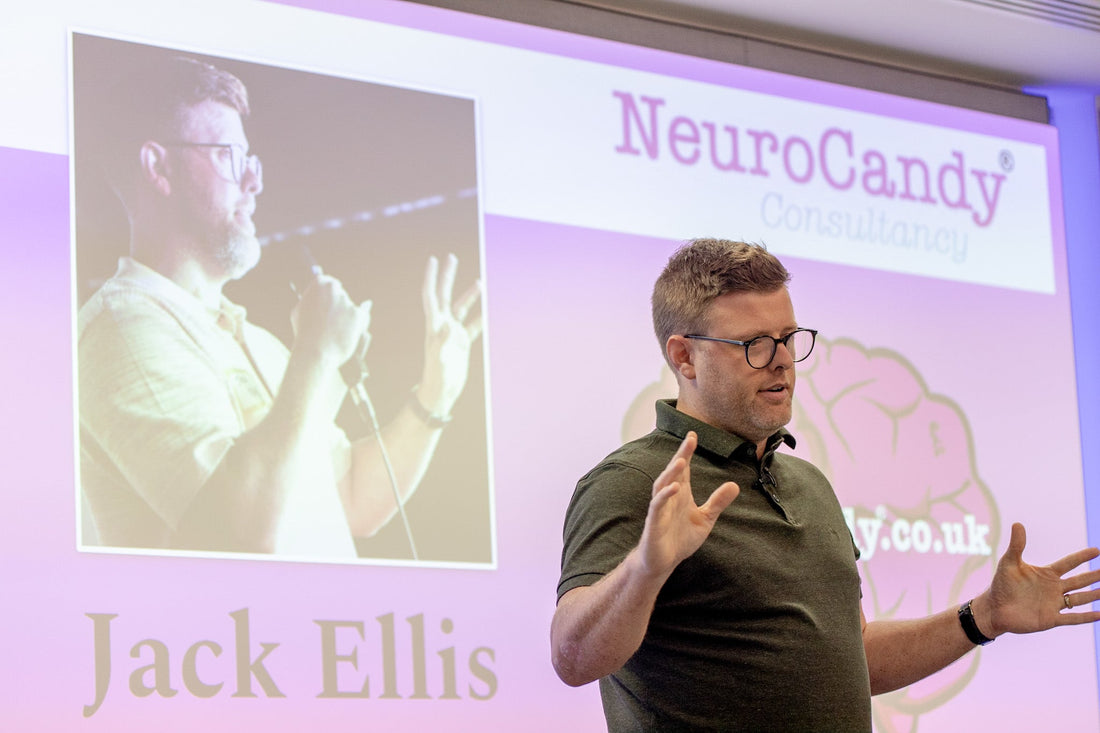In many workplaces, employees with autism, ADHD, Tourette’s, and other forms of neurodivergence feel pressured to mask their symptoms—suppressing tics, stimming, or adapting their communication styles to fit neurotypical expectations. While this may help them blend in, it comes at a high cost to their mental health and productivity.
The Risks of Masking at Work
1. Burnout and Mental Exhaustion
Constantly monitoring and suppressing natural behaviors is mentally draining. Over time, this leads to increased stress, anxiety, and burnout, reducing both well-being and performance.
2. Increased Anxiety and Depression
Suppressing tics or adapting communication to fit neurotypical norms can cause intense emotional distress. Many neurodivergent employees experience heightened anxiety and even depression due to the pressure of masking.
3. Reduced Innovation and Engagement
A workplace that discourages authenticity stifles creativity. When employees focus on appearing “normal” rather than contributing their ideas, businesses lose out on valuable perspectives and innovation.
4. Health Risks
For individuals with conditions like Tourette’s, forcing tics to stop can lead to physical discomfort and increased severity later. Similarly, suppressing stimming behaviors can cause sensory overload, leading to shutdowns or meltdowns.
How Leaders Can Foster Safer Workspaces
• Encourage Open Conversations: Normalize discussions about neurodiversity and create an environment where employees feel safe sharing their needs.
• Provide Sensory-Friendly Spaces: Offer quiet areas, noise-canceling headphones, or flexible work arrangements.
• Challenge Stigma: Educate teams on neurodiversity to reduce judgment and misconceptions.
• Allow Authenticity: Let employees stim, tic, or communicate in ways that feel natural to them without fear of discrimination.
A truly inclusive workplace isn’t just about policies—it’s about culture. Leaders who prioritize psychological safety will not only improve employee well-being but also unlock the full potential of their neurodivergent team members.

